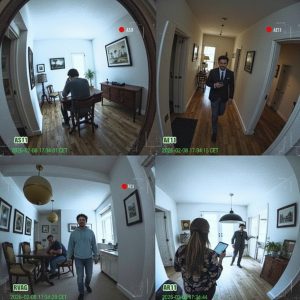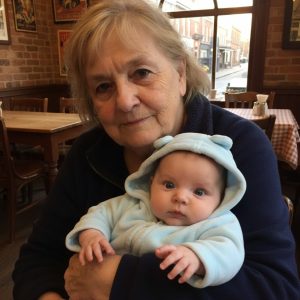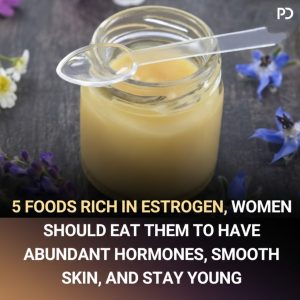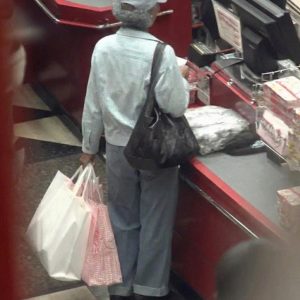Graduation night felt perfect. Mom teared up before I even walked the stage, Dad clapped so loud people stared. Later, he whispered, “You did it, kiddo. We’re so proud of you.” For a moment, everything was right.
But soon after, things shifted. Dad became secretive, glued to his phone, taking calls outside. Strange questions followed: “What’s Lily’s mom’s name again?” “She’s divorced, right?” His cologne smelled different—floral, not Mom’s vanilla. My heart sank.
I followed him one night. He didn’t drive to a conference—he went to Lily’s house. I saw them hug intimately. Tears blurred my vision. Rage and heartbreak left me shaking.
For days, I avoided him, giving one-word answers. Finally, I confronted him. “Are you seeing someone else?” He froze. “You don’t understand what you saw,” he said. I ran upstairs, crying, feeling betrayed.
The next day, someone knocked. Melissa stood there, pale, eyes red, holding a basket. “Is your dad home?” she asked. She explained that he’d noticed a mole on her back at graduation, insisted she see a doctor—it was melanoma. That night I had seen him at her house; he was helping her through treatment.
Dad arrived soon after, worried. I ran to him, sobbing, apologizing. He held me tight. Later, Mom confirmed it: she had known, but Dad wanted privacy until Melissa was stable.
Weeks later, Melissa sent a thank-you card with a photo of her and Dad smiling at the hospital. Every time I see it, I remember nearly losing faith—but realizing my father is more than a hero: he’s someone’s second chance at life.
And I’ve never been prouder to call him my dad.




